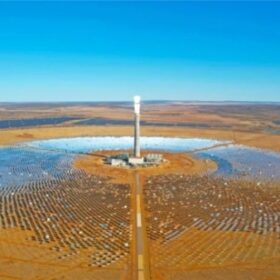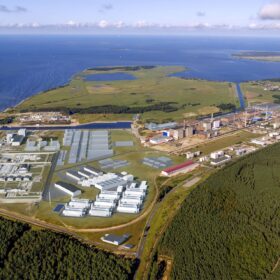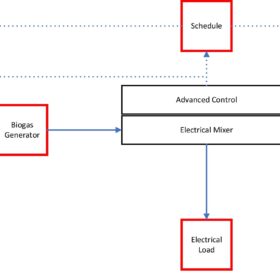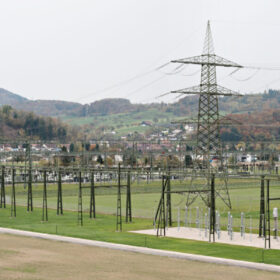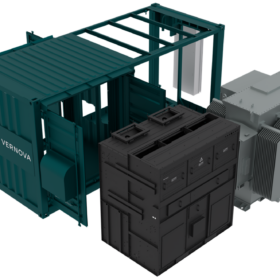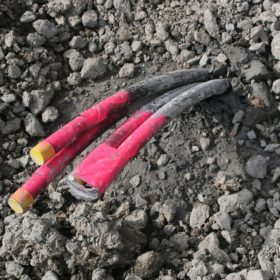The significance of state-of-charge
Everoze Partner Nithin Rajavelu considers the crucial importance of properly measuring and managing battery state-of-charge (SoC) for the efficiency, longevity, and safety of battery energy storage system (BESS) projects, especially in lithium ferro-phosphate (LFP) devices, which are widely used for large-scale storage.
Powerchina switches on 100 MW solar tower in South Africa
Powerchina has switched on a 100 MW solar tower in South Africa. The concentrated solar power (CSP) project will supply 480 GWh of clean energy to the country’s power grid each year. The system’s molten salt storage enables 12 hours of full-load operation.
Semi-online tech for short-term solar irradiance forecast in PV plants
Scientists in Spain have created a semi-online technique to predict solar irradiance at different locations inside a photovoltaic plant. The proposed training approach is described as suitable for highly variable time series forecasting.
The Hydrogen Stream: KGAL invests in 1 GW green hydrogen hub in Baltic Sea
The KGAL ESPF 6 Energy Transition Fund says it is investing in a 1,050 MW green hydrogen hub at Lubmin, a Baltic Sea port in Germany.
Offgrid hybrid PV-biogas system for residential applications
The system was conceived to respond to Lebanon’s energy crisis and help homeowners become independent from grid electricity. Biogas production is used when PV power generation is insufficient and machine learning techniques help the system predict solar energy production.
Switzerland to host world’s largest redox flow storage project
Flexbase plans to build a 500 MW redox flow storage project in Laufenburg in early 2025.
GE Vernova releases 2,000 V (DC) utility-scale inverter
GE Vernova has developed a 2,000 V (DC) utility-scale inverter, to be used in a North American pilot operation starting in early 2025. The inverter offers up to 6.0 MVA of output power.
Solar cabinet for water disinfection systems
German fluid management company Lutz-Jesco introduced a system aimed at supporting pumping and water disinfection in cases of blackouts. The hub is preconfigured to work with solar panels, a battery charge controller, an inverter, and cabling.
Using surplus PV power for seasonal underground thermal storage
Scientists have proposed a new system that uses surplus PV energy in the spring and the autumn to charge up underground thermal energy storage for later use in the summer and winter. They have simulated it on a school facility in Seoul, with a few optional configurations for thermal storage. Power savings were up to 39%.
Storage, hydrogen, and demand flexibility key to avoiding negative prices
Antonio Delgado Rigal, CEO of Spain’s AleaSoft Energy Forecasting, speaks with pv magazine about the rise in negative price hours in major European energy markets. He emphasizes the need for more storage capacity and argues that negative price periods will probably not threaten project profitability over the long term.

